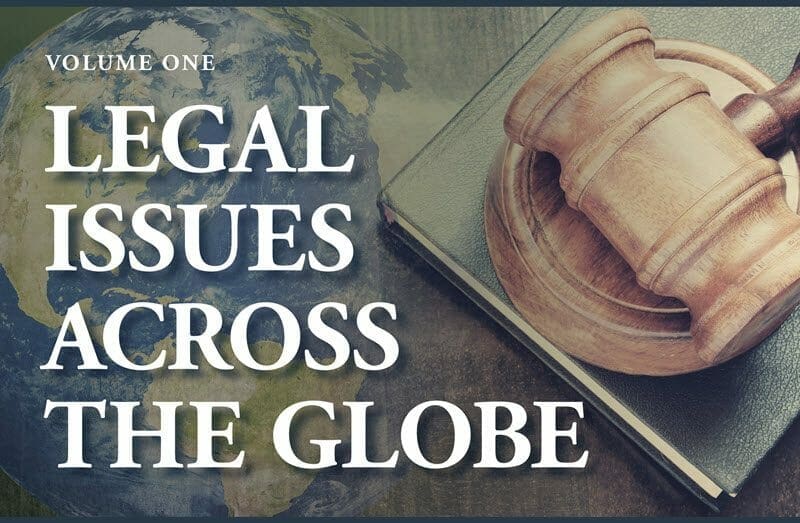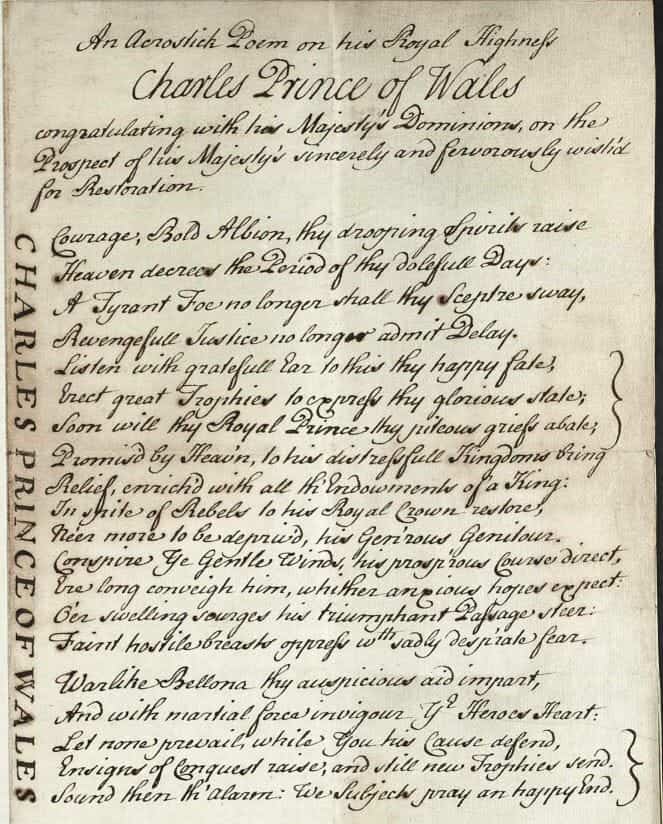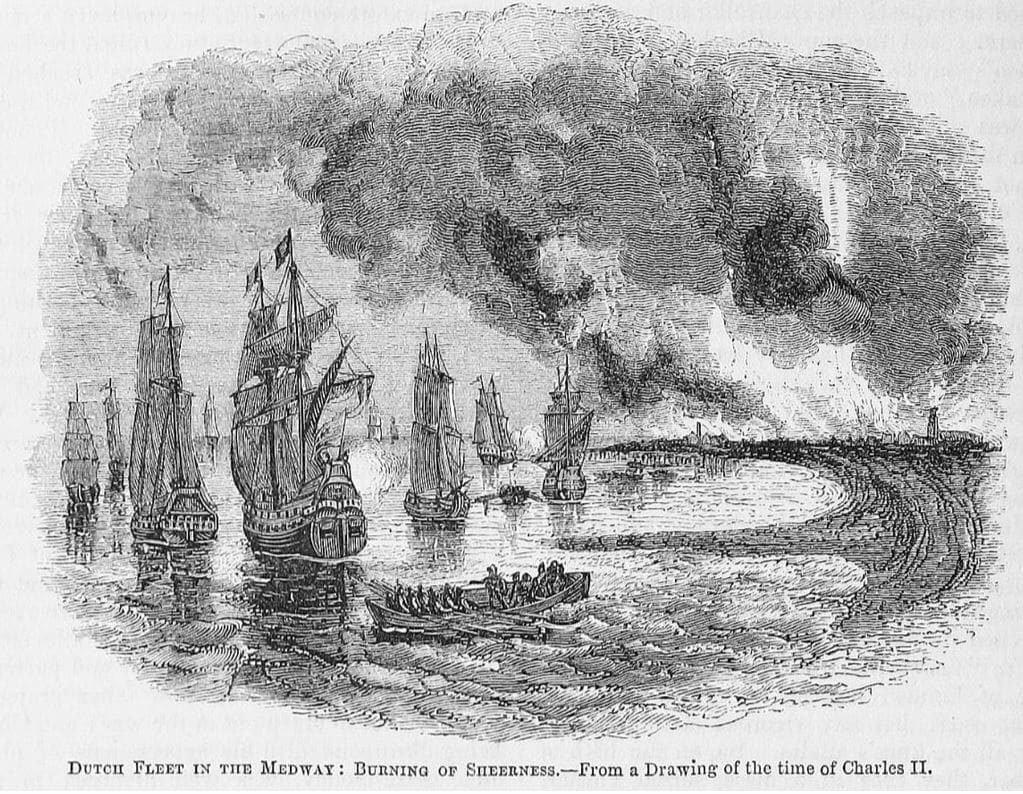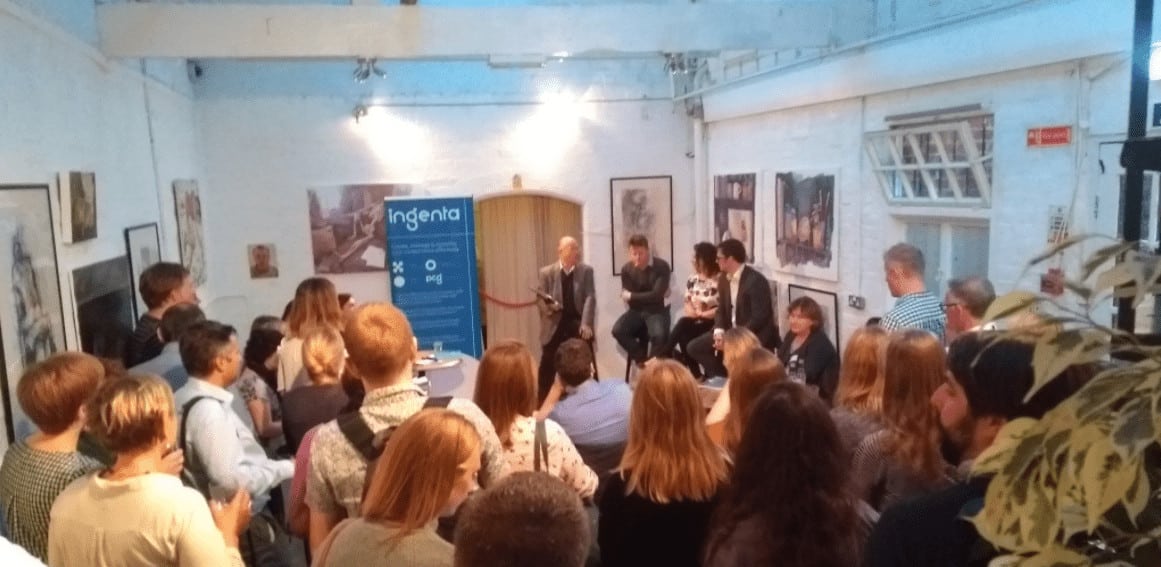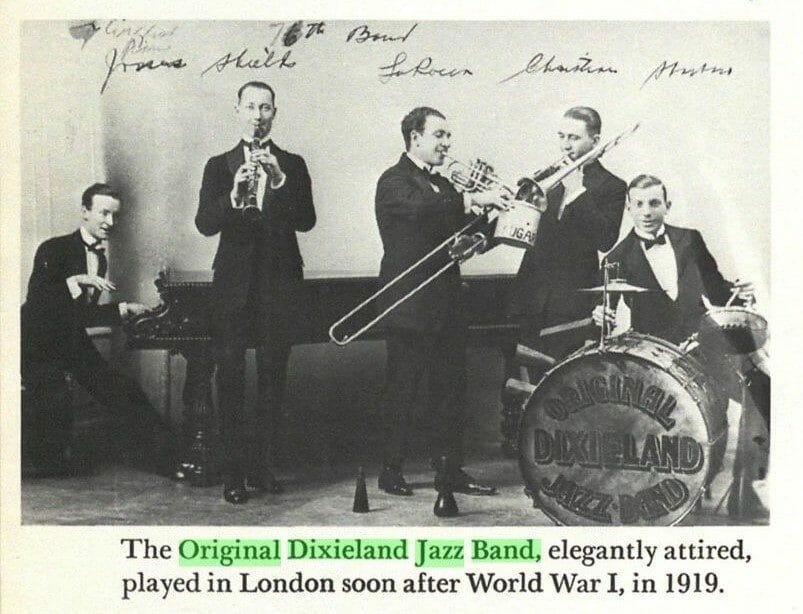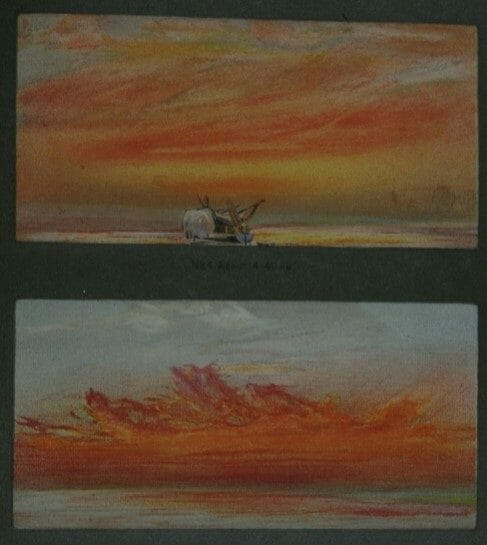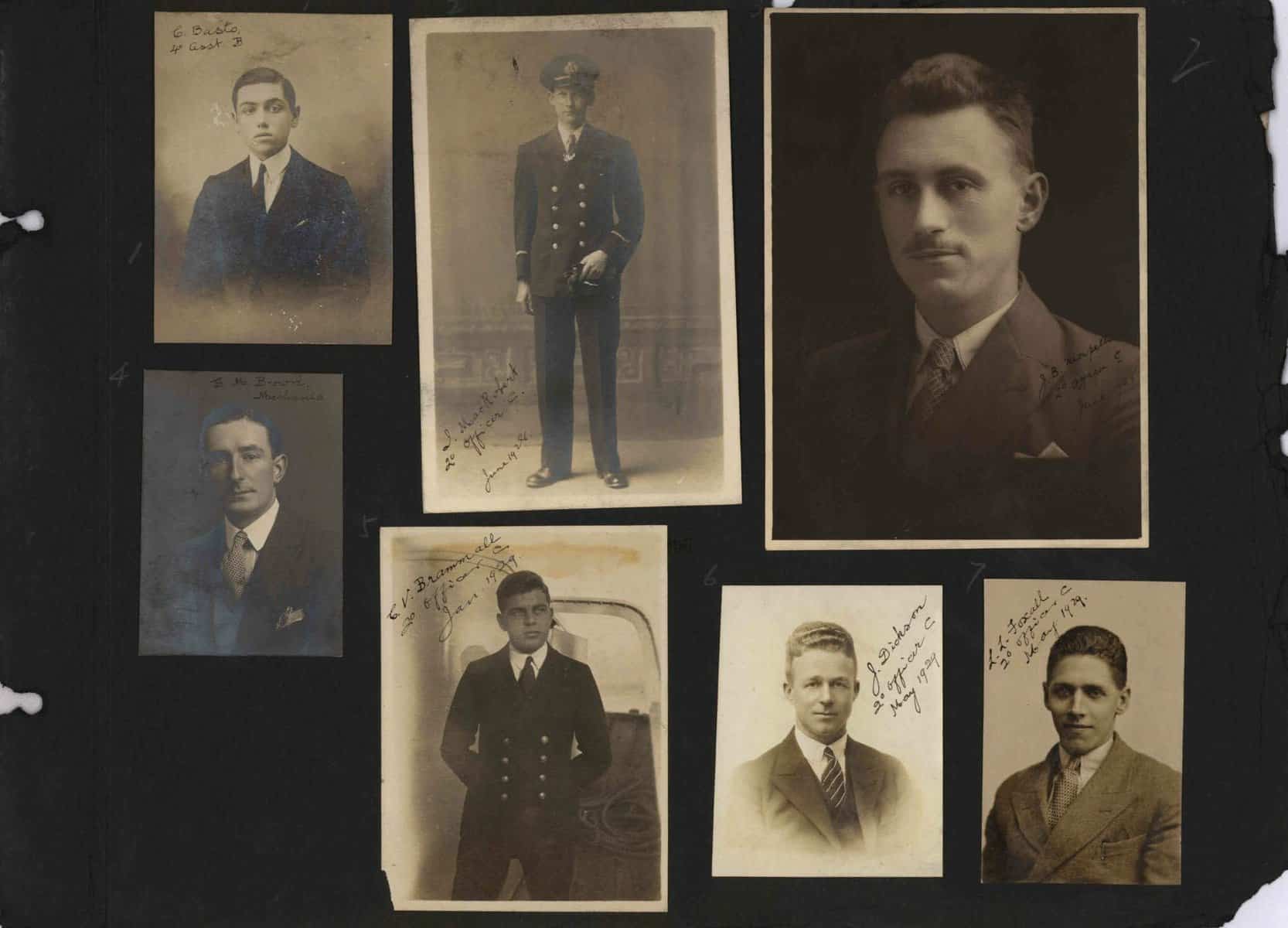This is an excerpt from an essay by Professor Richard S. Horowitz entitled “The Chinese Maritime Customs Service, 1854–1949: An Introduction”.
For almost a century, the Chinese Maritime Customs Service played a central role in the relationship between China and the global economy. The Customs Service was part of the Chinese Government, but it was led by foreigners. Technically, its role was limited to ensuring the accurate assessment of Customs duties (taxes on imports and exports). However, over time, it became involved in many activities including the maintenance of harbors and lighthouses, the payment of foreign loans, the preparation of a very wide range of published reports, and the provision of technical assistance to the Chinese Government. Customs officials were often involved in diplomatic discussions and served as informal intermediaries between Chinese officials and foreign representatives.
Read more

